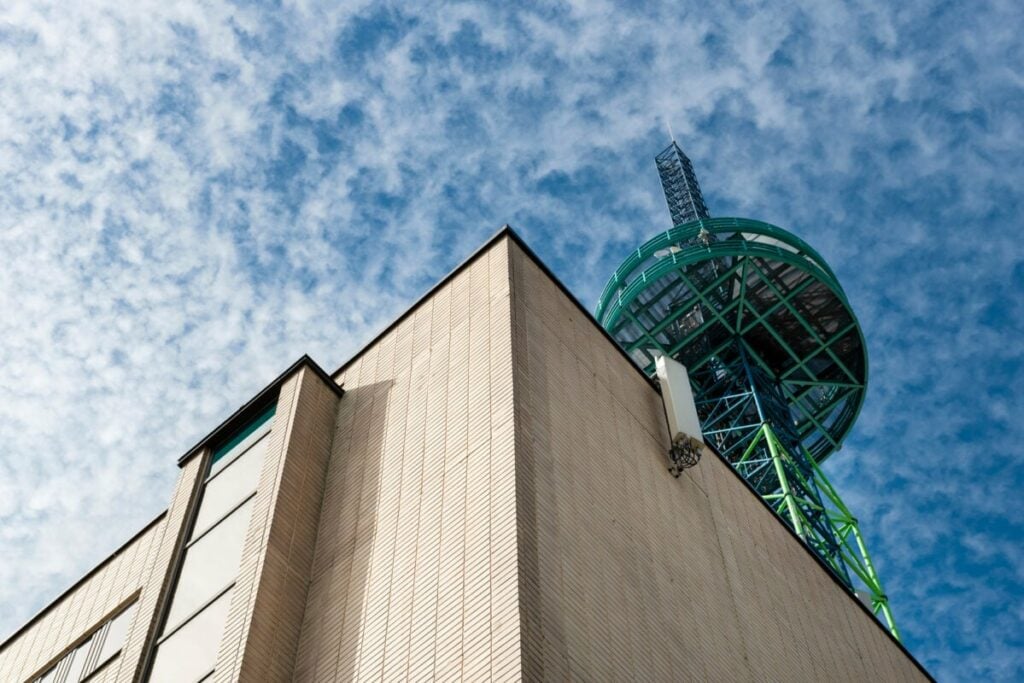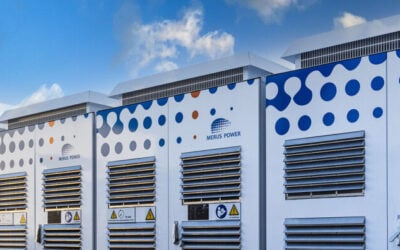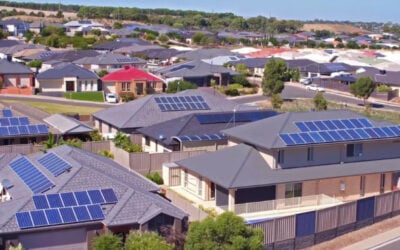
Telecoms firm Elisa Corporation has signed a contract to bring its distributed energy storage (DES) solution to Finnish mobile networks.
The deal, with Helsinki-based cellular infrastructure construction and maintenance provider DNA Tower, will use the backup battery energy storage system (BESS) capacity of mobile networks to store surplus energy and offer additional electricity sourcing options as pricing varies.
Enjoy 12 months of exclusive analysis
- Regular insight and analysis of the industry’s biggest developments
- In-depth interviews with the industry’s leading figures
- Annual digital subscription to the PV Tech Power journal
- Discounts on Solar Media’s portfolio of events, in-person and virtual
By creating a virtual power plant using additional network storage capacity, the AI-powered DES system can load-shift to allow participants to purchase electricity from the grid during low-cost periods and use stored resources when costs are higher. That additional capacity can then be used throughout the network or sold to provide balancing services to local grids, including in the Automatic Frequency Restoration Reserve (aFRR) and Frequency Containment Reserve for Disturbances (FCR-D) markets.
“There’s no competition in the fight against climate change and we’re very proud to be working with DNA Tower on this project. We’ve proven the functionality of the solution in our networks in Finland and Estonia. DES is really a win-win for operators as it can help them to bring their energy costs down as well as provide value to society. We’re looking forward to welcoming others in using the solution,” said Henri Korpi, executive VP of international digital services at Elisa.
Elisa claims DES enables participants to make more efficient use of stored surplus technology, both as an additional reserve market revenue stream and by optimising their own power procurement. Indeed, Elisa says that efficiencies in power distribution using the system could halve telecoms networks’ electricity costs.
CEO of DNA Tower Finland, Antti Koskinen, said, “DNA Tower is committed to acting responsibly in a way that enables a better world for future generations. Introducing DES to our networks will allow us to ensure that we make the best use of green energy. It also increases the resilience of our network.”
Elisa received €3.9 million (US$4.17 million) from the government last February to begin work on rolling out a 150MWh VPP via its radio access network. Similar VPP projects are already in operation in the US, such as Swell’s 80MW Hawaii project.






